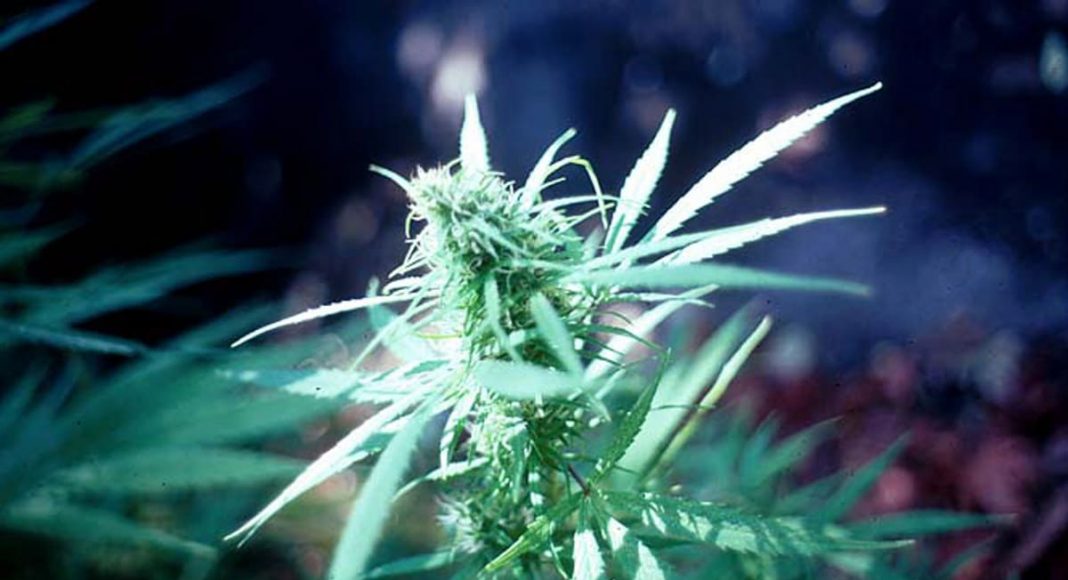Everybody knows that because marijuana is a Schedule 1 drug under the Controlled Substances Act, it is illegal to sell under federal law. Last year, the FDA again reviewed the published scientific literature on medical marijuana and recommended that marijuana stay in Schedule 1. The DEA relied upon this finding in its August 2016 ruling upholding the cannabis ban.
What everybody doesn’t know is that the FDA’s website says that it “actively supports the development of drugs from marijuana.”
Some statements are even more emphatic: “FDA needs to do all it can to support the needed scientific research with marijuana to characterize its therapeutic promise.” What? Is the FDA suffering from cannabis cognitive dissonance? Not at all. Under the Food, Drug & Cosmetic Act (FDCA), the FDA has the power to approve drugs, based on scientific evidence.
The reason cannabis hasn’t been rescheduled is because, according to the FDA, there is not sufficient evidence to show a currently accepted medical use.
Where does the FDA get off saying there is no medical use? A look at the FDA’s history is instructive. Modern drug regulation started in the beginning of the last century when the market was filled with unregulated patent medicines claiming to cure everything from constipation to cancer. Many of these medicines, e.g., Johnson’s Mild Combination Treatment for Cancer, were merely worthless.
But some were poison. Elixir Sulfanimide was marketed in the 1930s as a raspberry antibiotic syrup. Unfortunately, this elixir contained diethylene glycol, a known toxin, and killed over 100 people, mostly children. The manufacturer performed no safety testing–because none was required. This and other tragedies in the 1930s led Congress to pass the Food, Drug & Cosmetic Act, the first comprehensive law requiring that medicines be proven safe and effective. This history shows the importance that the FDA places on its core mission of making sure that drugs are safe and effective, relying on scientific evidence including human and animal trials.
-
Related Story: FDA Goes After Companies For Making False Marijuana Claims
As previous readers of this blog might recall, the FDA will usually treat any substance that is “intended for use in the diagnosis, cure, mitigation, treatment, or prevention of disease,” or that will “affect the structure or any function of the body of man or other animals,” as a drug. The FDA’s key decision in approving new drugs is whether the drug is safe and effective for its proposed uses.
So How Do You Perform Scientific Research?
On its website, the FDA tells you how: “The FDA believes that scientifically valid research conducted under an [Investigational New Drug] application [INDA] is the best way to determine what patients could benefit from the use of drugs derived from marijuana.” The INDA is the method that most proposed new drugs begin the approval process. Once the proposed new drug has undergone the (extensive) testing required by the INDA, the test data can be used to file a New Drug Application (NDA). Virtually all prescription drugs sold in the U.S. are approved under an NDA.
The FDA Has Already Approved Three Products
Marinol was approved in 1985 to treat nausea caused by cancer chemotherapy, and Sydros, a liquid form of dronabinol, the active ingredient in Marinol, was approved earlier this year. Cesamet (nabilone) was approved in 1985 and 2006 for nausea and neuropathic pain. The active ingredients in all of these drugs are synthetic forms of THC. So we know that cannabis can be approved as a medicine.
Why Aren’t There More FDA-Approved Cannabis Drugs?
To find out, be sure to read our next installment, in which we will examine what you need to get an INDA and an NDA. Bring lots of paper or its equivalent; you will need to take notes.
For more on the FDA and cannabis, check out the following:
- Keeping the FDA Off Your Back: Don’t Make Health Claims for Cannabis Products
- Cannabis Edibles and the FDA: An Update
- Cannabis Beverages and the FDA
- Cannabis and the Federal Government: The FDA is on The CBD Warpath, Again
is an attorney at Harris Bricken, a law firm with lawyers in Seattle, Portland, Los Angeles, San Francisco, Barcelona, and Beijing. This story was originally published on the Canna Law Blog.


